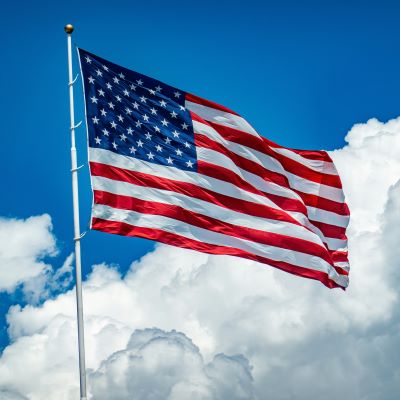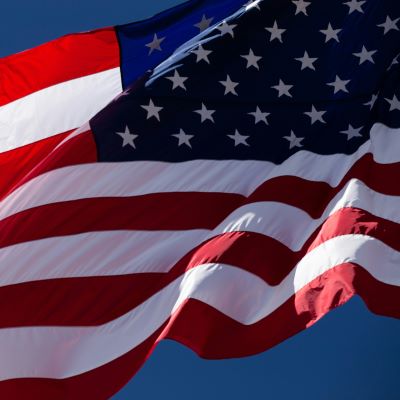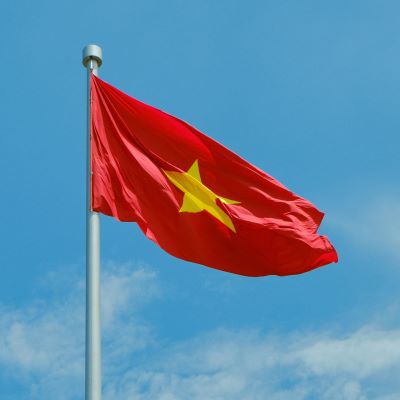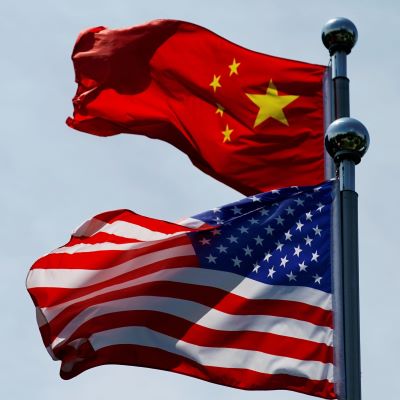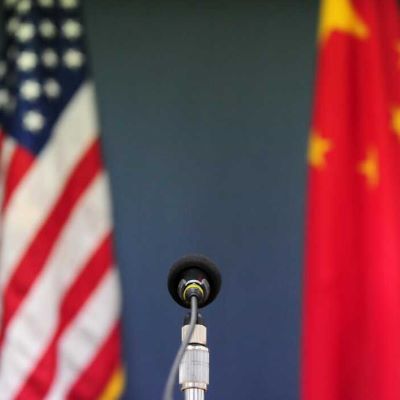US Trade Court blocks most of Trump’s global tariffs

The Court of International Trade ruled that President Trump did not have the authority to impose blanket tariffs on imports from US trading partners. This voids most of the tariffs that sparked the latest global trade war
The US Court of International Trade blocked President Trump’s ‘reciprocal’ tariffs (including a baseline 10% tariff on all nations and higher levies on countries like China) on the grounds that he had exceeded his authority under the International Emergency Economic Powers Act (IEEPA). The IEEPA is a law meant to address “unusual and extraordinary” threats during a national emergency.
“The court does not pass upon the wisdom or likely effectiveness of the President’s use of tariffs as leverage”, a three-judge panel said. “That use is impermissible not because it is unwise or ineffective, but because [federal law] does not allow it”.
According to the court, the US Constitution grants Congress the exclusive authority to regulate international trade, which cannot be overridden by the president’s emergency powers to protect the US economy.
This was their response to two lawsuits brought by businesses and government officials. However, the court was not asked to address the industry-specific tariffs that Trump has issued on automobiles, steel and aluminium using a different statute, and these shall remain in place.
Although the panel of three judges gave the White House 10 days to formally halt the tariffs, the Trump administration appealed against the ruling almost immediately. “It is not for unelected judges to decide how to properly address a national emergency”, said White House spokesperson Kush Desai in a statement.
Appeals from the court are heard first by the US Court of Appeals for the Federal Circuit, and then ultimately by the Supreme Court.
Nevertheless, despite this setback, several analysts point out that the Trump administration has other legal means of imposing tariffs. These include Section 122 of U.S. trade law, Section 301 investigations, and Section 338 of the Trade Act of 1930.
Image Credits: tripomatic.com



